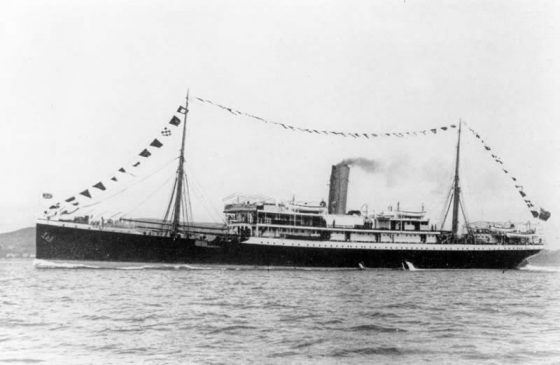

As the death tolls rose, President Roosevelt strongly condemned Germany’s deliberate bombing attacks on civilians. The Nazi’s air bombing raids early in the war shocked U.S.

World War II was under way and air power was a new and integral element of military strategy. Three days later Great Britain and France responded by declaring war on Germany. On September 1, 1939, Nazi Germany began a war of conquest and expansion when it invaded Poland. The overseas conflicts from which the United States hoped to isolate itself were becoming a mounting threat to world peace. In the 1930s, the League failed to stop Japanese, Italian, and German aggression. The League of Nations proved weak and largely ineffective without U.S.

Fog warfare 1917 series#
In the mid-1930s, Congress passed a series of laws to prevent the United States from becoming caught up in another war. As the prosperity of the 1920s gave way to the depression of the 1930s, many Americans sought ways to shield their country from the turmoil that was building in Europe.

The establishment of communism in the Soviet Union and the emergence of fascism in Europe added to American distaste for foreign policy. Not only did the Senate vote against American membership in the League, but the bitter contest between Wilson and Republican senators turned many Americans against any level of participation in international affairs. Wilson’s hope that the United States would lead the League of Nations in establishing world peace was squelched before it ever got off the ground. Harding, went on to win the 1920 presidential election by pledging to return the country to “normalcy.” One of the treaty’s foes, Republican Warren G. membership in the League of Nations by a vote of 38-53, far short of the two-thirds majority needed to approve the treaty. Partially paralyzed, the President watched as the Senate in 1920 rejected U.S. Wilson’s voice, however, was silenced by a crippling stroke. In 1919, he traveled 8,000 miles by rail, giving forty speeches in twenty-nine cities during the course of a three-week speaking tour. Rather than negotiate with his opponents in the Senate, Wilson decided to try to rally public support for his vision for U.S. They were unwilling to have the United States join an organization that required this commitment. Republican senators, the leading opponents of Wilson, argued that the United States might be obligated to fight to preserve the borders of a French colony in Africa or protect British imperial interests in India. At the heart of the debate was the proposed structure of the League of Nations that required all league members to come to the defense of any member nation under attack. Wilson underestimated the long-standing reluctance of Americans to commit their country abroad. This did not play out as the president had hoped. He imagined that the United States would join the proposed League of Nations and play a prominent part in safeguarding the peace of the new international order. In his peace proposal, known as the Fourteen Points, Wilson envisioned an association of nations that would permit all peoples to exercise self-rule. In seeking to define his country’s role in the post-war world, Wilson called for international cooperation to maintain world peace. President Wilson was at the center of the debate that ensued and lasted from 1918 to 1920. After the war, Americans were left with vital questions about their country’s role in the world. Fresh American troops helped tip the balance of power in Europe against Germany, leading to an Allied victory in 1918. World War I was a military success for the United States. By April 1917, however, Wilson evoked the same ideals of democracy, freedom and justice in calling on Congress to declare war against Germany. In 1914, this belief lay at the foundation of Wilson’s policy on neutrality. He believed that the United States occupied a unique place in the world as a beacon of democracy, freedom, and justice and that we should lead by example not intervention. Like most Americans of his era, Wilson distrusted the great powers of Europe. President Woodrow Wilson established a policy of strict neutrality to avoid U.S. When World War I broke out in Europe in August 1914, the overwhelming majority of Americans agreed that the United States should stay out of the fighting. “I do not hesitate to say that the war we have just been through, though it was shot through with terror of every kind, is not to be compared with the war we would have to face next time.”


 0 kommentar(er)
0 kommentar(er)
